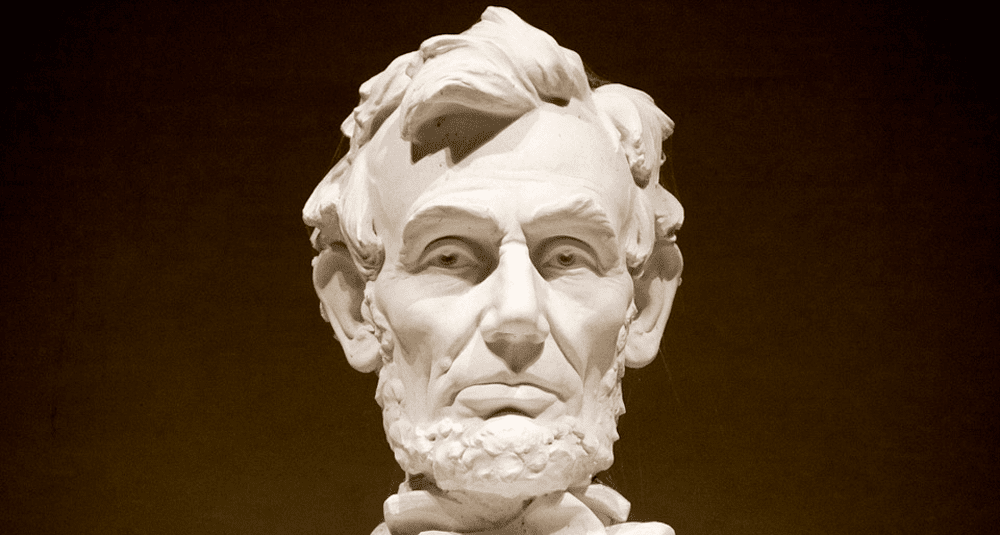When was slavery abolished in the United States?
Last Updated:
The abolition of slavery in the United States was officially proclaimed in 1865 with the adoption of the 13th Amendment to the U.S. Constitution. This amendment was ratified on December 6, 1865, marking the legal end of slavery throughout the country.
The abolition of slavery was closely linked to the American Civil War (1861-1865), a conflict between the northern states (the Union) and the southern states (the Confederates). The issue of slavery was one of the main factors of tension between the North, which sought to limit the expansion of slavery, and the South, which wanted to preserve and extend it.
On January 1, 1863, President Abraham Lincoln issued the Emancipation Proclamation, declaring free all slaves in states in rebellion against the Union. Although this proclamation did not abolish slavery in the states of the Union where it still existed, it marked a decisive turning point by affirming the federal government’s abolitionist stance.
The 13th Amendment was proposed by the U.S. Congress on January 31, 1865. To be adopted, it had to be ratified by three-quarters of the states. The text of the amendment reads as follows Neither slavery nor involuntary servitude, except as a punishment for crime whereof the offender has been duly convicted, shall exist within the United States or any place subject to its jurisdiction.
The 13th Amendment was ratified on December 6, 1865, having been approved by the requisite states. This ratification ended slavery as a legal institution in the United States, freeing millions of African-Americans from servitude.
The adoption of the 13th Amendment freed an estimated four million black slaves. However, the end of slavery did not immediately bring equal rights for African Americans. Reconstruction, the period following the war, was marked by attempts to reintegrate the Southern states into the Union and to protect the rights of former slaves.
Despite the abolition of slavery, African Americans continued to face segregation, discrimination and racial violence. Segregationist laws, known as Jim Crow laws, were implemented in the South, instituting a strict separation between the races and depriving African-Americans of many civil rights.
The struggle for equal rights culminated in the mid-20th century with the civil rights movement. Leaders such as Martin Luther King Jr, Rosa Parks and Malcolm X played a crucial role in mobilizing against segregation and discrimination, resulting in major legislative reforms such as the Civil Rights Act of 1964 and the Voting Rights Act of 1965.
The abolition of slavery is commemorated every year in the United States on Juneteenth, a holiday celebrated on June 19 to mark the announcement of the emancipation of slaves in Texas in 1865. This day has become a symbol of the struggle for freedom and civil rights for African-Americans.
The abolition of slavery in the United States had worldwide repercussions, influencing abolitionist movements in other countries and contributing to international awareness of human rights.
The abolition of slavery in the United States was officially proclaimed in 1865 with the adoption of the 13th Amendment to the U.S. Constitution. This historic event marked the end of legal slavery in the country and freed millions of African-Americans. However, the struggle for equality and civil rights continued long afterwards, shaping the social and political history of the United States and influencing human rights movements around the world.
history

When was slavery abolished in the United States?
Answer
The abolition of slavery in the United States was officially proclaimed in 1865 with the adoption of the 13th Amendment to the U.S. Constitution.